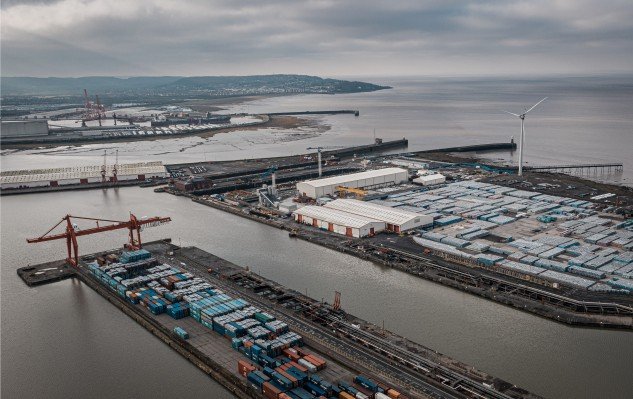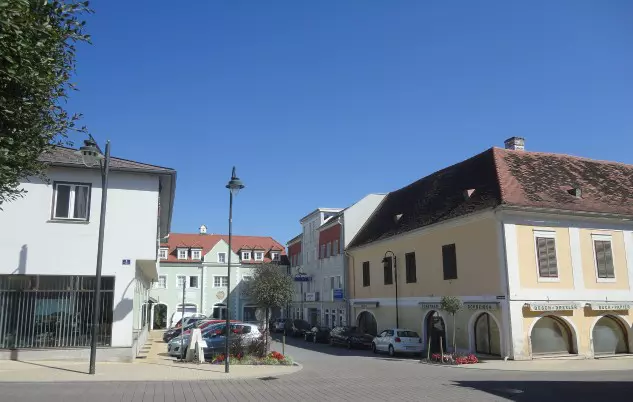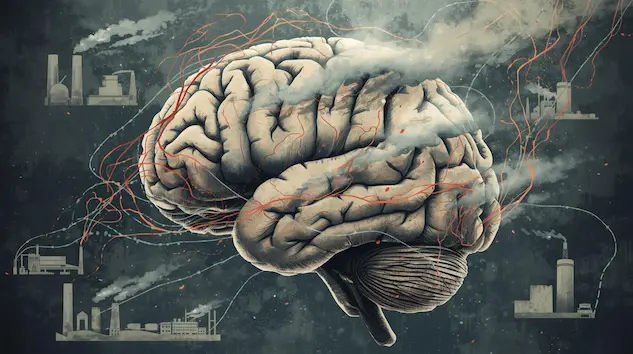
In 2025, ESG reporting moved from promises to proof. This article explores ESG reporting trends 2026, explaining how CSRD, Omnibus simplification and CBAM are reshaping sustainability reporting and what companies must do to stay credible and competitive.
Read MoreESG Reporting Trends 2026: 7 Moves for Sustainable Business After the 2025 Reset
This article examines air pollution in Serbian cities with a focus on changes in pollutant composition, dominant emission sources, and associated health risks. Using examples from major urban centers, it highlights how particulate matter, nitrogen dioxide, sulfur dioxide, and ground-level ozone interact to create complex urban air pollution patterns. The paper also outlines policy-relevant pathways for restoring urban air quality through energy transition, sustainable transport, and integrated environmental monitoring.
Read MoreAir Pollution in Serbian Cities: Sources, Health Risks, and Ways to Improve Urban Air Quality
Central and Eastern Europe is once again on the energy frontline, caught between aging infrastructure, geopolitical pressure, and the urgency of climate transition. This article explores how energy resilience in Central and Eastern Europe is being tested and where progress, policy gaps, and innovation collide. It opens a broader conversation about what the region must do next to secure its energy future.
Read MoreThe New Energy Frontline: Energy Resilience in Central and Eastern Europe (I)
Holiday celebrations are placing growing pressure on urban environments through increased waste, energy consumption, and air pollution. This article examines the environmental implications of festive traditions, ranging from Christmas trees to fireworks, and demonstrates how sustainable holiday celebrations in cities can be promoted through intelligent technologies, data-driven planning, and informed consumer choices.
Read MoreSustainable Holiday Celebrations in Cities: From Christmas Trees to Smart Urban Solutions
How can cities strengthen resilience while keeping energy value within their communities? This article explores the case of Güssing, a small Austrian town that achieved local energy independence through community-led renewables and smart governance. Its experience offers practical lessons for municipalities seeking sustainable energy systems and local economic renewal.
Read MoreWhen Communities Take Charge: Lessons from Güssing and Local Energy Independence
Cties are under increasing pressure to deliver affordable urban housing solutions as young residents struggle with rising rents and limited supply. This article explores Beijing’s pioneering collective-land rental model alongside international examples from Vienna, Helsinki, Tokyo, Singapore and New York. Together, these cases reveal how innovative rental systems and data-driven policy can reshape the future of urban housing.
Read MoreThe New Urban Starter Home: How Cities Are Reinventing Affordable Urban Housing Solutions for a New Generation
Growing evidence shows that long-term exposure to polluted air significantly increases the risk of dementia and other neurodegenerative diseases. This article highlights findings from a landmark global meta-analysis involving millions of participants, demonstrating clear links between air pollution and cognitive decline. The results underscore why improving air quality must be treated as an urgent public-health and urban-planning priority.
Read MoreAir Pollution Raises Risk of Dementia: Why Clean Air Is a Public Health Imperative
Sustainable construction trends are increasingly shaping urban sustainability as cities work to cut emissions and enhance resilience. This article highlights how green buildings, smart technologies, and eco-friendly materials are influencing global urban development and the future of climate-ready cities.
Read MoreSustainable Construction Trends and the Future of Urban Sustainability: How Green Buildings Quietly Transform Tomorrow’s Cities
This article explores how sustainable stormwater management and blue–green infrastructure are redefining the role of rain in contemporary urban design. Through international examples and applied research, it shows how bioswales, SuDS, and sponge-city principles can transform cities into more resilient, ecological, and human-centered environments. From Copenhagen to Stuttgart, the piece reveals how water-sensitive design is becoming a powerful tool for shaping the future of urban resilience.
Read MoreRain as a Resource: How LandscapeArchitecture Makes Sustainable Stormwater Management Possible
Sustainable food systems are essential to feeding a growing global population while reducing environmental harm. This article examines the ecological impacts of industrial agriculture and outlines emerging alternatives, from regenerative farming and urban food production to cultivated meat technologies. By rethinking how food is grown, distributed, and consumed, cities and communities can build more resilient, equitable, and climate-conscious food futures.
Read MoreSustainable Food Systems: Feeding the Planet Without Destroying It








